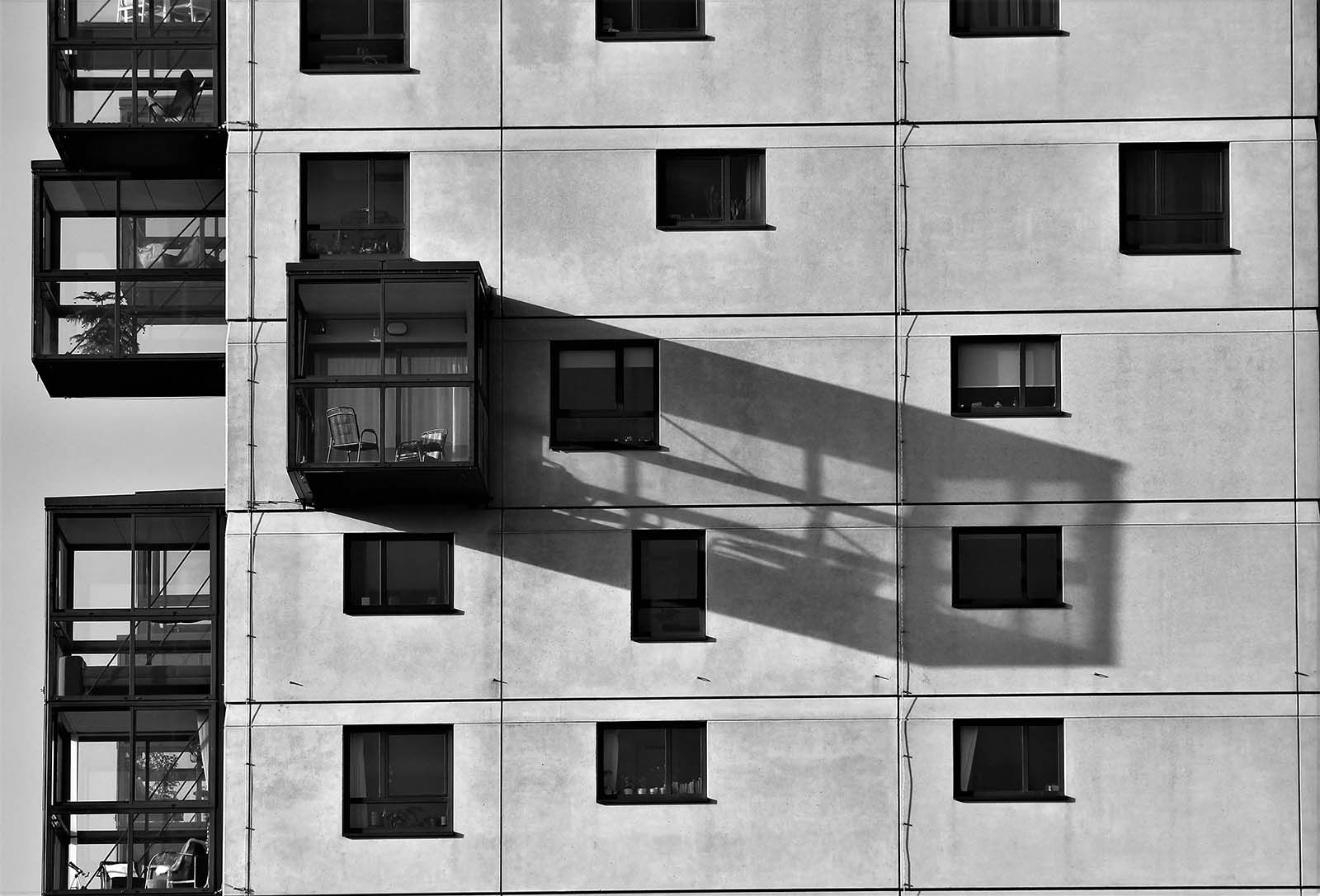Omnibus Law 5/2025: A Turning Point for Foreign Investment and Housing Policy in Andorra
The Omnibus Law limits foreign investment and strengthens Andorra’s housing and tax systems for sustainable, balanced, and transparent growth.

Reading time: 9 minutes
A structural reform with real impact
The Law 5/2025 of March 6, for Sustainable Growth and the Right to Housing, known as the Omnibus Law, is one of the most comprehensive reforms in Andorra’s recent history.
Published in BOPA No. 33 on March 26, 2025, it enters into force on April 10, 2025, redefining the country’s economic and social model.
Its objective is clear: to ensure balanced development, regulate access to housing and guarantee that foreign investment serves the public interest.
This law marks the transition from a policy of near-total openness — in place since the Law 10/2012 on Foreign Investment — to a more selective, sustainable and socially responsible model.
Context: From Full Openness to Sustainable Control
Over the past decade, Andorra has become an increasingly attractive destination for investors and new residents, thanks to its competitive tax regime, safe environment and stable economy.
However, success brought with it an exponential rise in property demand, placing growing pressure on housing availability and prices.
The Andorran Government recognised that, while beneficial in the short term, this model was not sustainable.
Population growth, the scarcity of developable land and property speculation created a context that demanded structural reform.
In this scenario, Law 5/2025 aims to balance economic growth with social well-being, setting clearer limits on foreign property investment and encouraging affordable housing policies.

Key Reforms Introduced by Law 5/2025
The Omnibus Law amends several existing regulations, including the Foreign Investment Law, the Immigration Law, the Urban Leases Law, and various tax provisions.
The main changes can be summarised as follows:
🔹 Limits on Foreign Real Estate Investment
Non-residents will only be allowed to acquire:
- only one single-family home or
- two apartments/studios.
In addition, real estate development by foreign individuals or companies is prohibited, except where at least 50% of the dwellings are offered as affordable rentals for a minimum period of ten years.
➤ For further details, we recommend reading “Foreign investment in Andorra: from openness to selective regulation”, as well as “The 90% reduction of the Foreign Real Estate Investment Tax in Andorra”, where the key legal and tax implications are explained.
Other relevant elements
When an Andorran company has a foreign participation equal to or exceeding 50% of its share capital or voting rights and, in addition, more than 50% of its assets consist of real estate located in Andorra, the investment is classified as foreign real estate investment and the restrictions and limits established by the applicable regulations apply.
This regime aims to limit the large-scale acquisition of real estate by foreign investors through corporate vehicles.
🔹 New Tax and Sanctions
A tax on foreign property investment is introduced, with penalties up to €20,000 and even nullity of the transaction for violations.
The tax administration may review the purpose and use of the investments, which represents an effective control over the destination of the acquired assets.
🔹Immigration and Residency Rules
Controls on self-employment and investment-based residence are being reinforced, introducing new solvency requirements and a stricter assessment of genuine economic activity.
Likewise, certain essential sectors —such as healthcare, education, and transport— may benefit from exemptions or special quotas to ensure their proper functioning.
➤ These changes form part of a broader review of Andorra’s residence model. To better understand their implications and distinctions, we recommend reading “Types of residence in Andorra: active, passive and fiscal”, “Tax residence in Andorra: real requirements and advantages”, and “Residence in Andorra: current stability, changes on the horizon”, which explore the various residence categories, their requirements, and the evolution of the Andorran immigration framework.
🔹 Expanding Affordable Housing
The Omnibus Law introduces tax incentives to promote affordable housing and control measures over vacant or tourist-use properties.
Its objective is to ease market pressure, return properties to the residential market, and encourage sustainable construction projects.
🔹 Fiscal Adjustments
The tax on short-term speculative capital gains is reinforced, and new deductions are introduced for the purchase of a first property.
In addition, the rules on depreciation and transfer of real estate are revised to align with the new housing policy.
Impact on Investors and Residents
The new legal framework represents a significant shift for foreign investors, who will now need to plan their operations with greater precision and transparency.
The role of specialised tax and legal advisors becomes essential to structure investments that comply with the new limits and avoid potential penalties.
At the same time, local residents and workers stand to benefit from a more balanced market and a broader supply of affordable housing —one of the government’s main objectives.
A More Sustainable Andorra, in Line with Europe
With this law, Andorra strengthens its commitment to international standards of transparency and sustainability, in line with OECD recommendations and the European Union’s housing policies.
Far from closing the door to investment, the country aims to attract high-quality capital directed towards sustainable projects with a positive impact on the real economy.
Investing in Andorra under the new regulatory framework
The Omnibus Law 5/2025 marks a turning point in Andorra’s economic model.
From being a country primarily valued for its tax advantages, Andorra is evolving into an example of responsible governance, social balance, and sustainable planning.
For investors, the message is clear: Andorra remains an opportunity, but it now demands commitment, transparency, and added value.
Now that you are familiar with the main implications, if you are considering purchasing property, we recommend reading Buying property in Andorra: real risks and how to protect your investment.
If, on the other hand, you are considering relocating to Andorra, we recommend reading Living in Andorra: the essential guide to obtaining residency and settling securely.
📞 Are you considering investing in real estate or relocating to Andorra?
The main impact of the OMNIBUS Law affects both residence permits and real estate acquisitions.
If you would like to assess the potential impact in your specific case or require specialized advice, you can contact us through our form or book your meeting just below this article.
Last revision date: january 2026

Technical Author: Albert Contel



